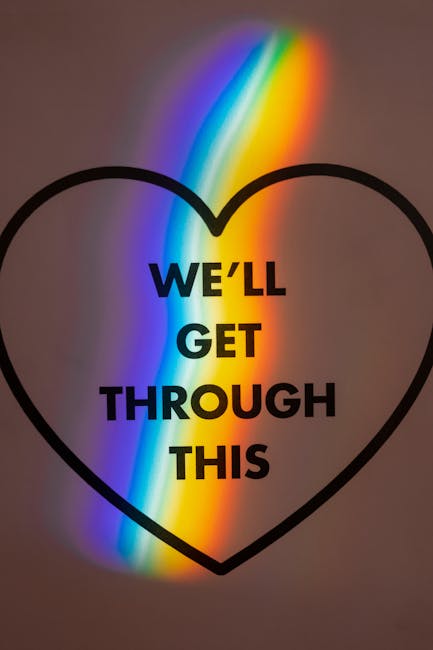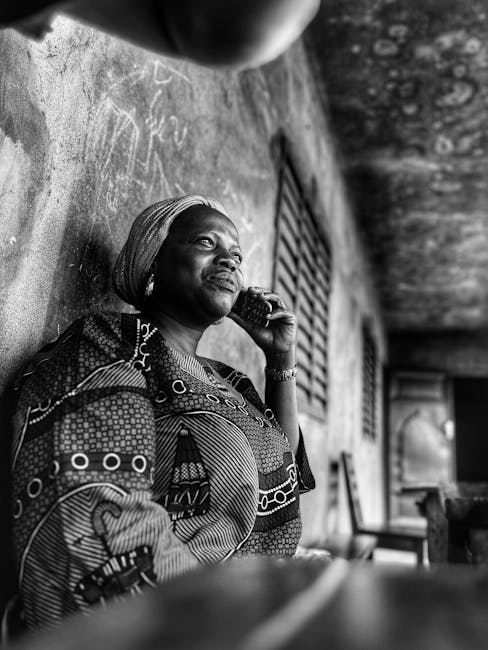How To Improve Communication With Friends?
Improving communication with friends starts with being intentional about how you connect and express yourself. Friendships thrive on understanding, trust, and shared experiences, and communication is the glue that holds it all together. If you’ve ever felt like your conversations with friends are hitting a wall or that you’re not as close as you’d like to be, don’t worry—you’re not alone. Keep reading to discover practical strategies to strengthen your bonds and make your friendships more fulfilling.
Key Takeaways
- Communication is the foundation of strong friendships and emotional well-being.
- Miscommunication and unhealthy patterns can create barriers in friendships.
- Active listening, clear expression, and non-verbal cues are key to better communication.
- Shared experiences and emotional support deepen connections.
- Healthy boundaries and regular check-ins maintain balanced friendships.
Understanding the Importance of Communication in Friendships
Why Communication is the Foundation of Strong Friendships
Think of communication as the heartbeat of any friendship. Without it, even the closest bonds can wither. Talking openly and listening attentively builds trust, resolves misunderstandings, and strengthens your connection.
Good communication isn’t just about words—it’s about showing your friends that you value and respect them. When you communicate effectively, you create a safe space where both of you can be your authentic selves.
Emotional Well-Being and the Role of Friendships
Friendships are more than just fun hangouts; they’re vital for your mental health. They provide a sense of belonging and emotional support that can’t be replaced.
How Friendships Buffer Stress and Anxiety
Ever notice how venting to a friend can feel like lifting a weight off your shoulders? That’s because friendships act as a buffer against stress and anxiety. A simple “I’m here for you” from a friend can make tough times more bearable.
The Positive Impact of Close Relationships on Mental Health
Strong friendships are linked to lower rates of depression and higher levels of happiness. They remind you that you’re not alone, even when life gets messy. If you want to dive deeper into how social connections improve mental health, check out this guide (source).

Identifying Barriers to Effective Communication
Common Miscommunication Issues Among Friends
Miscommunication happens to the best of us. Maybe you misread a text or assumed something that wasn’t true. These small hiccups can snowball into bigger problems if left unaddressed.
Recognizing Unhealthy Communication Patterns
Sometimes, we fall into bad habits without realizing it. Do you interrupt your friends? Or maybe you avoid tough conversations altogether? Recognizing these patterns is the first step to breaking them.
Signs You May Be Communicating Like a Bad Friend
If you’re always dominating conversations or dismissing your friend’s feelings, it might be time for a reality check. Healthy communication is a two-way street.
How to Address and Avoid Toxic Behaviors
Start by apologizing when you mess up. Then, work on being more mindful of your words and actions. For more tips, explore strategies for building strong friendships (source).

Strategies to Improve Communication with Friends
Active Listening Techniques
Focusing on Understanding Rather Than Responding
When your friend is talking, resist the urge to jump in with advice or your own story. Instead, focus on truly understanding what they’re saying.
Asking Open-Ended Questions
Questions like “How did that make you feel?” or “What do you think about it?” encourage deeper conversations. They show your friend that you care about their perspective.
Expressing Yourself Clearly and Honestly
Using “I” Statements to Avoid Blame
Instead of saying, “You never listen to me,” try, “I feel unheard when I’m talking.” This shifts the focus from blame to how you’re feeling.
Balancing Vulnerability and Boundaries
It’s okay to open up, but don’t overshare to the point where it makes your friend uncomfortable. Balance is key. For more on emotional communication, check out this article (source).
Non-Verbal Communication Tips
The Role of Body Language in Friendships
Your body language speaks volumes. A warm smile or a nod can make your friend feel valued, even without words.
Maintaining Eye Contact and Positive Gestures
Eye contact shows you’re engaged, while gestures like a pat on the back can convey support.

Strengthening Bonds Through Shared Experiences
The Magic of Celebrations and Milestones
Celebrating Achievements Together
Whether it’s a promotion or a personal milestone, celebrating your friend’s wins strengthens your bond.
Creating New Traditions
Start a weekly movie night or an annual trip. These traditions give you something to look forward to and cherish.
Supporting Each Other During Difficult Times
Being Present During Crises
Sometimes, just being there is enough. Your presence can be more comforting than any words.
Offering Emotional Support Without Overstepping
Listen without judgment and offer help only if your friend wants it. For more on fostering meaningful relationships, read this guide (source).

Maintaining Healthy and Balanced Friendships
Setting Boundaries to Foster Respect
Boundaries aren’t walls; they’re guidelines that protect your friendship. They ensure both of you feel respected and valued.
Avoiding Unhealthy Friendships
Recognizing When a Friendship is Draining
If a friendship feels one-sided or leaves you emotionally exhausted, it might be time to reevaluate.
Knowing When to Let Go of Toxic Relationships
Letting go is hard, but sometimes it’s necessary for your well-being.
Regularly Checking In and Reassessing the Friendship
Friendships evolve, and that’s okay. Regular check-ins help you stay on the same page and address any issues before they escalate.
The Long-Term Benefits of Improved Communication
Building Lifelong Connections
When you communicate well, your friendships can stand the test of time. These lifelong bonds become a source of joy and stability.
Enhancing Emotional Resilience Through Strong Friendships
Good friends help you bounce back from life’s challenges. They’re your cheerleaders, your confidants, and your safe haven.
Creating a Supportive Network for Life’s Challenges
A strong circle of friends is like a safety net. They catch you when you fall and lift you higher when you succeed.
Improving communication with friends isn’t rocket science—it’s about being present, honest, and intentional. By practicing these strategies, you’ll not only strengthen your friendships but also enrich your own life. For more tips on building meaningful connections, explore this resource today!
FAQ: How to Improve Communication with Friends? Let’s Strengthen Those Bonds!
Why is effective communication important in friendships?
Effective communication builds trust, resolves misunderstandings, and deepens emotional connections. It allows friends to express their feelings, share experiences, and support each other better, fostering a stronger bond over time.
What are some common barriers to good communication with friends?
Barriers can include assumptions, lack of active listening, distractions (like phones), or fear of vulnerability. Addressing these issues can create a more open and understanding environment for conversations.
How can I become a better listener when talking to my friends?
Practice active listening by giving your full attention, maintaining eye contact, and avoiding interruptions. Show empathy by acknowledging their feelings and asking thoughtful follow-up questions to demonstrate genuine interest.
What should I do if I feel misunderstood by a friend?
Calmly express your feelings and clarify your perspective without placing blame. Use ‘I’ statements, like ‘I feel hurt when…’ to avoid sounding accusatory and encourage a constructive dialogue.
How can I approach difficult conversations with a friend?
Choose a calm and private setting, and approach the conversation with empathy and respect. Be honest but kind, and focus on finding solutions together rather than placing blame or escalating conflict.
What role does nonverbal communication play in friendships?
Nonverbal cues, like body language, facial expressions, and tone of voice, can convey emotions and intentions. Being mindful of these signals helps ensure your message aligns with your words and fosters better understanding.
How can I encourage open communication in my friendships?
Create a safe space by being nonjudgmental and approachable. Show appreciation for their honesty, and be willing to share your own thoughts and feelings to build mutual trust and openness.
What are some fun ways to improve communication with friends?
Engage in activities that require teamwork, like games or group projects, to practice collaboration and communication. Regularly check in with each other through casual chats or meaningful conversations to stay connected.
How can I handle conflicts with friends without damaging the relationship?
Address conflicts promptly and respectfully. Focus on understanding each other’s perspectives and finding common ground. Apologize when necessary and work together to rebuild trust and harmony.
What are some signs that communication in a friendship needs improvement?
Signs include frequent misunderstandings, feeling unheard or dismissed, avoiding certain topics, or growing emotional distance. Recognizing these signs early can help you take steps to improve communication and strengthen your bond.



